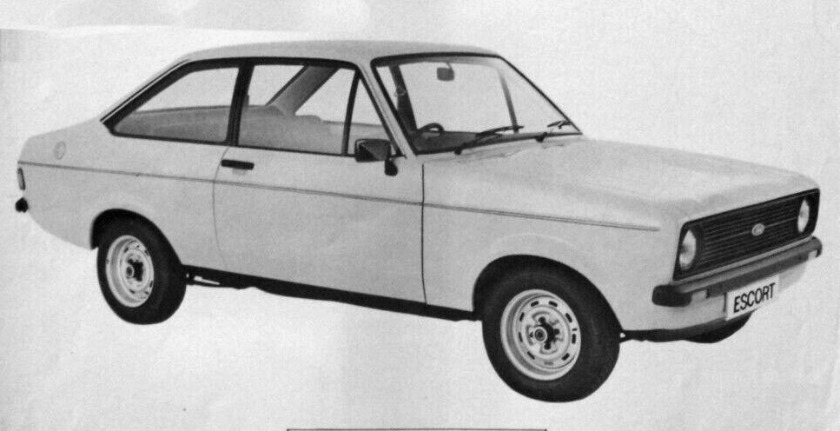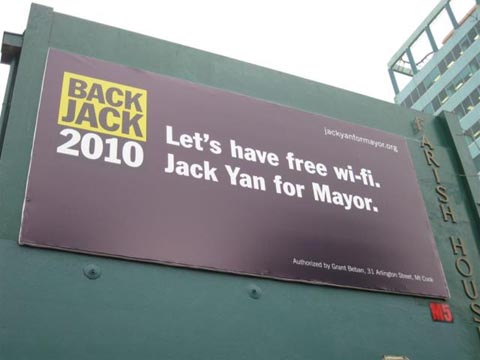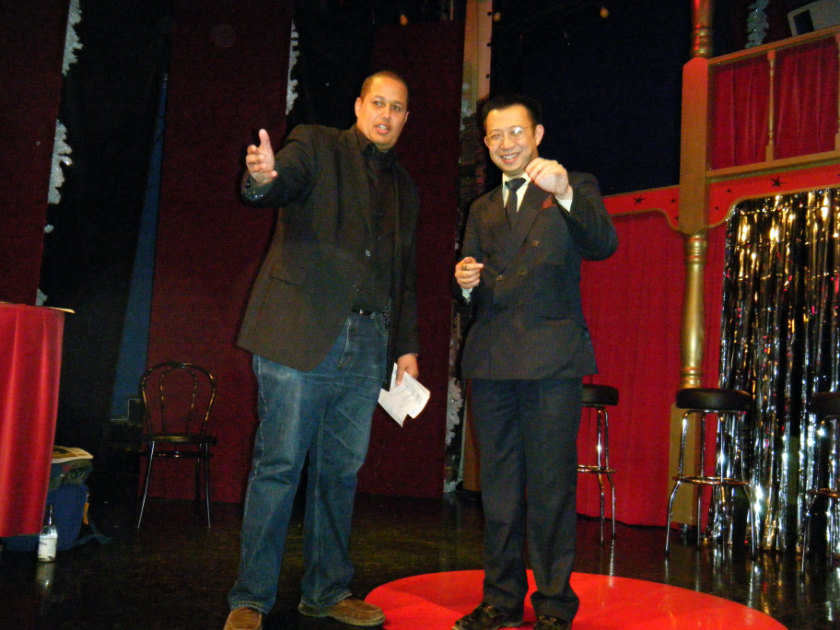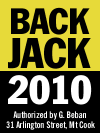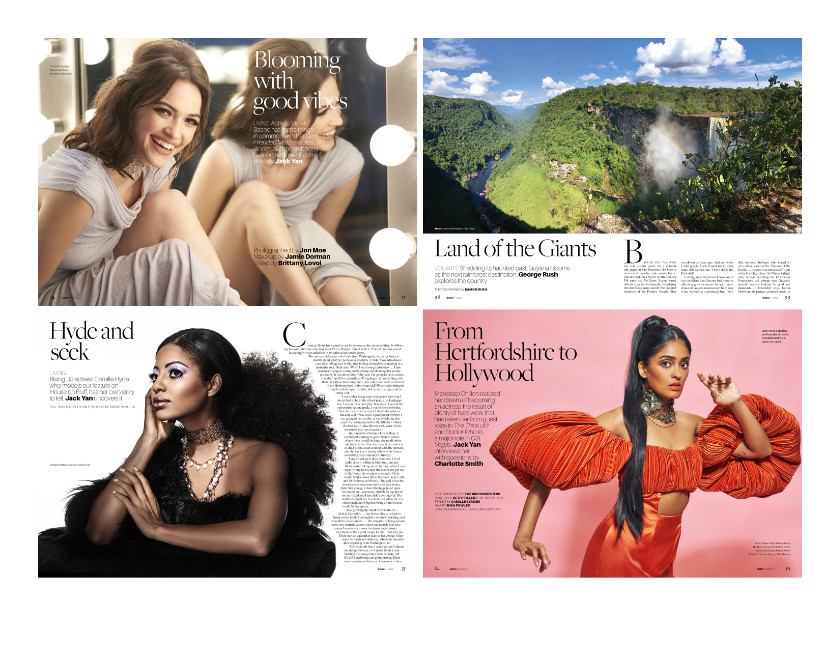The late 1990s were a heady time here in Aotearoa. The web—pre-Google, pre-monopolies—was indeed the great leveller: anyone with the right skills could create something online that competed at a global level.
Aotearoa, which had for years felt a little backward in time—TV shows would arrive here two to three years after they aired in their home country—eventually felt like part of the global community. Levitt’s convergence of tastes was coming true before our eyes.
When Wellington City decided to hop on to the internet, and offer citizens their own email accounts in 1989, that was setting the stage. It happened not on Mark Blumsky’s watch as mayor, but Jim Belich’s, and I don’t think those in the Council under him get enough credit for it. It paved the way for a lot of people to get on to this newfangled invention called the World Wide Web that was invented the same year, and opened to the public in 1991.
We had an opportunity to move forward and we took it.
When I stood in 2010 (and 2013), I foresaw where things would be by the end of the decade and offered sound policies to get us there. I’ve discussed this elsewhere. We didn’t take it, and I’ll wear my share of the responsibility for this—though the establishment, including the press, must, too.
It wasn’t arrogance that saw me run only for the top job and not for council because this needed urgent leadership in 2010—and 2013 on the outside—to push through, and someone with the clout and position to own the policies.
‘Free wifi’, as I explained then, wasn’t just about having the service: it was about levelling communities, enabling more tele-working (WFH had not been coined as the accepted acronym), and, most importantly, unlocking the technological potential of the city, from encouraging high-wage technological firms to come here as a sign we were open for business, and connecting our graduates (who would otherwise head offshore) to consider a career here, since the sector was crying out for graduates. The fact we would also have been COVID-ready was incidental, though I had forecast rough economic waters at the time, too.
Imagine a city where there would be a larger rates’ base because of the higher-value jobs that would have come here, covering things like the Town Hall or water infrastructure repairs, and one not reliant on the public service as a major employer. This wasn’t pie in the sky—I said then that it would not have been an issue to connect with Mayor Newsom of San Francisco, whom I had some dealing with in his first year in office, 2004. In late 2003, I connected with the woman who would later become his second wife when I interviewed her for Lucire, and organized a shoot. Those connections, I thought, could pay dividends, not just with restoring the sister-city relationship—which I think Mayor Newsom would be open to—but with providing growing Bay Area tech firms, in the City and down in East Bay, with opportunities here. How important those connections would be now, with Gavin Newsom as governor of California and Jennifer Siebel Newsom as its first lady? Or on their national stage come 2028?
None of this was rocket surgery (arguably harder than the science): you only needed to see where IT lagged as a percentage of GDP for the city versus, say, Paris or London, and go from there. Everything else flowed from these very basic thoughts. We were a little backward in 2009–10 and we had a window to catch up.
There were other policies, which Mayors Guppy and Wallace will back me up on, such as combining a lot of the regions’ functions and employing open-source software, something one state in Germany has now chosen to do 14 years later.
Where I fear we are currently is a place where we are slipping behind, and that is not the fault of the current mayor, but a mess that was inherited through inaction by some of her predecessors.
Where I felt we were part of a global community in the late 1990s and early 2000s, currently, things feel regressive, a little cut off, with the borders up; where Kiwis feel they have to move abroad to make something of themselves.
This was not the 2024 I wanted to see us arrive at, more insular, with a vanishing middle class, and greater inequality.
The question now must be how we reconnect, and how we get ourselves to the front row of global developments again, not just technologically, but environmentally, ecologically, and culturally. Medinge Group points at indigenous cultures as being a way forward in providing us with clues on conscientious organizations, and maybe that is where we can join a global dialogue. One ship sails but another comes into port. Can we find the next opportunity and make it count?
